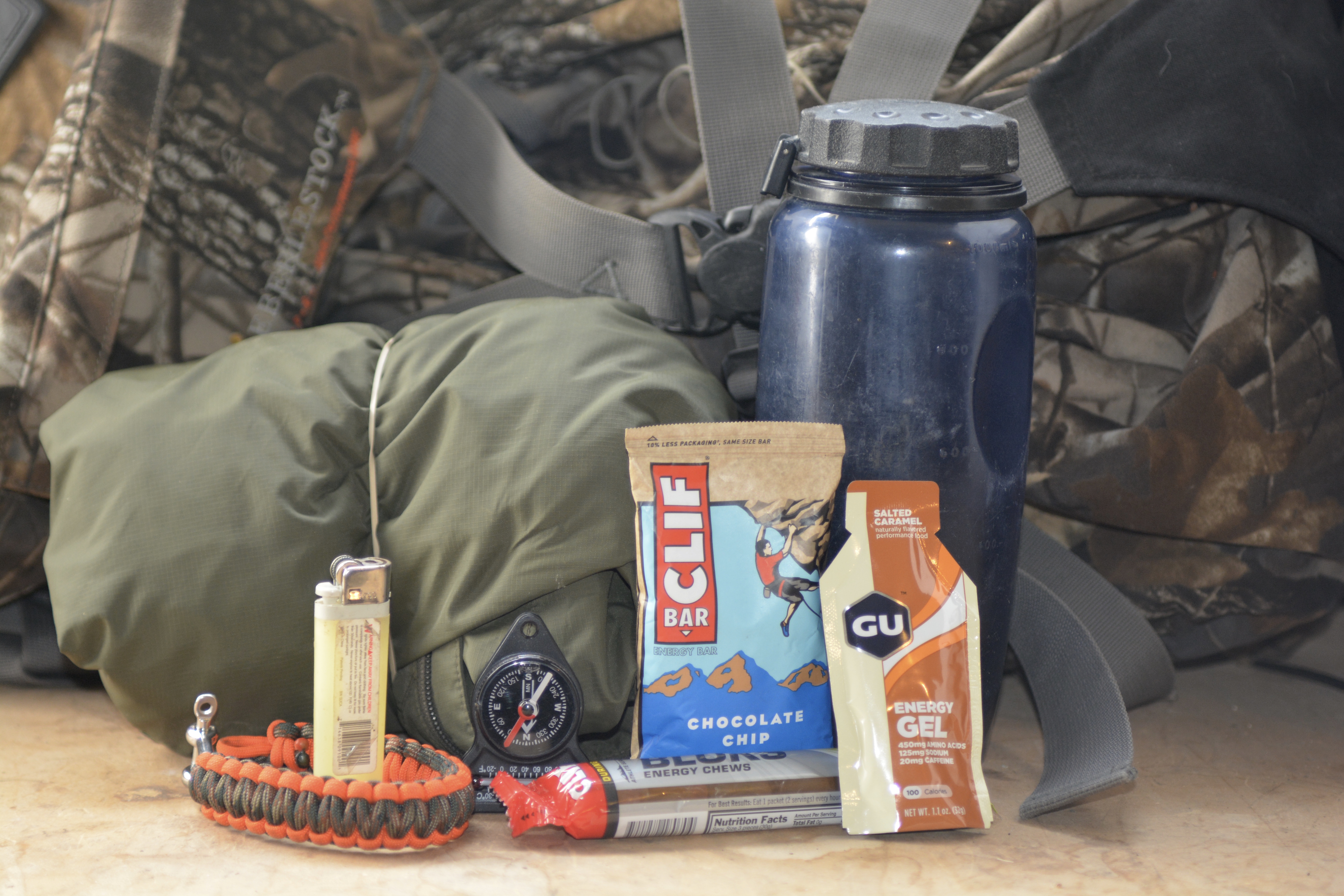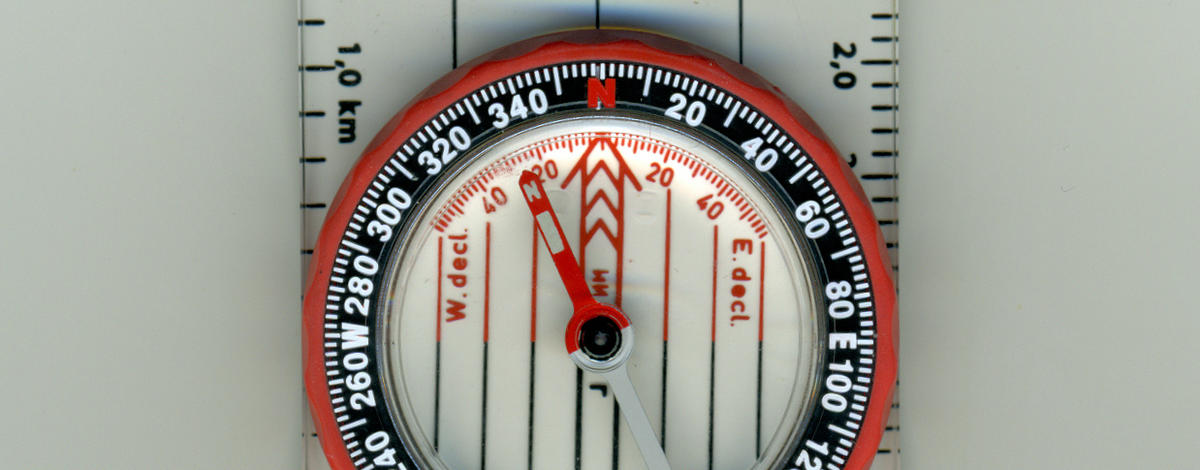I was hunting with a friend last fall and gave him some bad intel about an area that was new to him, but I knew well (or so I thought).
“Walk in that direction for a while and you will come to an old fire road. We will meet there,” I told him as we separated.
The road was much closer than I expected, and he walked past it assuming he needed to go farther. He would have soon figured it out and returned, but I decided to use an “emergency” signal whistle to get his attention.
After a few shrill whistles, he came into view. “What’s up?” He asked.
This wasn’t close to an emergency situation. At worst, it meant we would have spent a little longer than expected tracking each other down, but it was a reminder you don’t have to wait for a life-and-death situation to use your survival gear.
When I was a young hunter, I took the Boy Scout motto “be prepared” to extremes. Although I was usually under the watchful eye of my dad, I carried a bunch of survival gear that went unused for years and eventually got left behind.

Since then, I’ve pared things down to the basics, and while I can’t recall an outright emergency, I’ve found other uses for the stuff. I don’t carry everything on every hunting trip because it depends on where I will be, the type of hunting, the weather, etc. But I’ve found these items are handy for more than survival situations.
Lighters: They’re cheap, so I get a bunch of them. I carry one in my pocket, another in my day pack, and spares in my vehicle. I’m constantly needing a lighter to start a campfire, or light a stove or lantern.
Fire starter: I am a big fan of military surplus trioxane bars. They’re great for starting a campfire, and you can also heat water with them in the field by setting a small, metal pot or mug on top of one. They come in a three-pack for about $5 at military surplus stores or online, and they’re packaged in a tough, waterproof, foil wrapper
Compass: I own a GPS, but I still carry a compass. I glance at the compass at the start of my hunt to orient myself to certain landmarks so I can reference them later. My GPS unit is handy, but it’s electronic and requires batteries, which means it can fail. A compass is more reliable.
Space blanket: Fortunately, I’ve never had to deploy one for an emergency, but they’re handy to lay meat or quarters on to keep them clean when you’re butchering an animal in the field. A word of caution: don’t wrap meat in them for transport. Space blankets are designed to retain heat, and you’re trying to let the heat escape from the meat.
Signal whistle: See above. Cheap, lightweight, doesn’t take up much space. A couple quick blasts will get someone’s attention, and the sound carries farther than shouting.
Wide-mouth, plastic water bottle: This is in addition to a water bladder that I have in my pack. I leave the bottle empty and use it to stash other items inside to keep them dry and unbroken. I can fill the bottle from any water source when I am butchering an animal so I don’t sacrifice drinking water to clean up.
Spare long-john shirt and socks: I don’t always carry these, but on several occasions I’ve gotten damp and chilled. Changing into a dry shirt and/or socks made a huge difference for warmth and comfort. Store them in a waterproof plastic bag.
Lightweight rain jacket: Like many outdoors people, I’ve shied away from fully waterproof jackets in favor of water-resistant “soft shells” that breathe better so I don’t get sweaty and clammy. But I know a prolonged rainstorm will eventually soak through my soft shell, so I carry a lightweight raincoat as a last defense against heavy rain. It might only get used once or twice a season, but I like knowing it’s there.
Parachute cord: I have a parachute cord bracelet attached to my pack at all times. Cord comes in handy for a variety of things, including broken boot laces.
Instant soup, hot beverages: Hot soup, hot chocolate, tea or instant coffee can warm you up and provide an energy boost.
High-energy food: There are so many energy bars and similar calorie-dense foods on the market that you can carry a lot of calories without much weight or bulk. I carry a variety of them for snacks and keep others stashed for emergencies.

